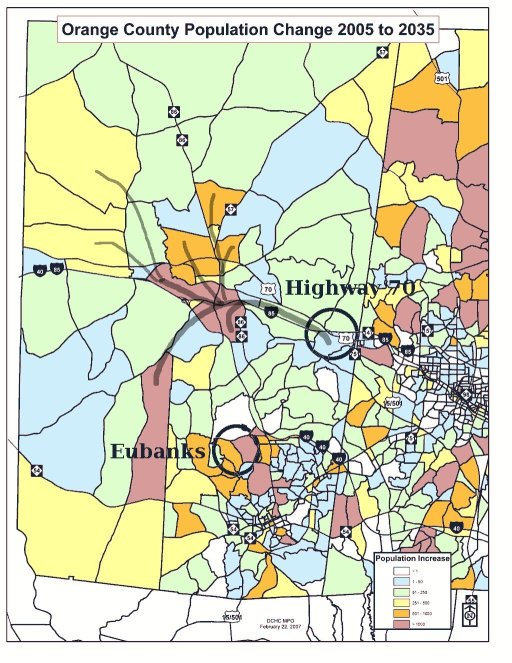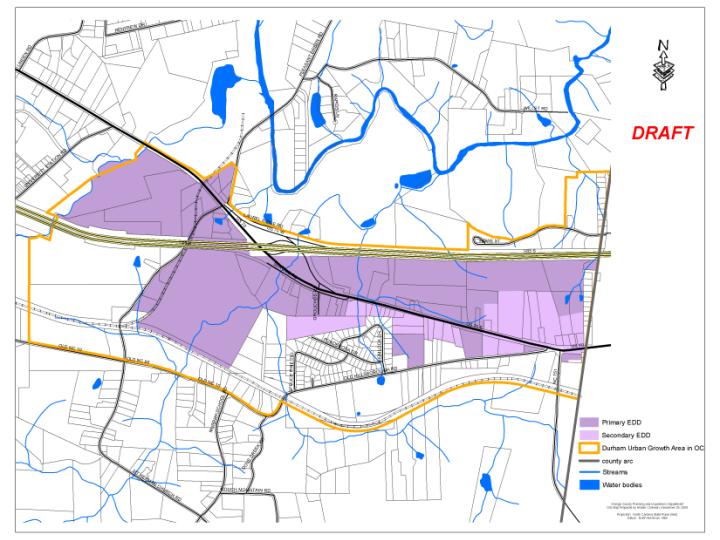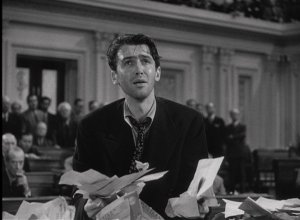Judge Anderson, after Monday’s forum, kindly gave me a brochure from the American Judicature Society (AJS), a non-partisan group created to “secure and promote an independent and qualified judiciary and fair system of justice.”
He handed me the tract just minutes after I discussed my call for candidates in both the Superior Court District 15B and Board of Commissioner races to voluntarily disclose their campaigns current financial status by Weds. Oct. 24th. Why the 24th? It is 3 days after the Board of Elections July 1st to Oct. 21st campaign report closes, 6 days before the report has to be sent in and 14 days before the election. More on my call for campaign transparency later…
The AJS’s primary interests are: judicial independence, conduct and ethics, selection; the jury; the criminal justice system – convictions of the innocent;public understanding of the justice system;”pro se” litigation and assistance.
The brochure had a few eye-popping factoids: thousands of folks go to court without legal assistance, 1 of 10 inmates – as many as 200,000 prisoners – are factually innocent, %78 of Americans believe that judges’ decisions are influenced by campaign contributions and, to me, a really shocking tale of our failing democracy – overall 1 in 5, in some areas as many as 9 in 10, people ignore jury summons.
As you might guess, I’m a bit starry-eyed on the old democracy shtick. Heck, Mr. Smith Goes to Washington still stirs my heart.
Four decades in, I’ve worked on campaigns, done “get out the vote” drives (GOTV), publicly written and ranted about our republic’s founding principles, even run for office, but, somehow, I’ve never been called for one of the most intimate of civic responsibilities: jury duty.
Sounds like the AJS is trying to figure out why more citizens don’t participate – maybe it’s cynicism borne of too many years of rushed and ready justice.
It has been quite encouraging to see candidates like Anderson and Baddour propose specific remedies to address local disparities. That said, whatever the outcome of our current judicial race, I’m confident the winning candidates will strive to diminish that cynicism and work to strengthen our confidence.
By the way, the American Judicature Society (AJS) and citizen’s of Orange County aren’t the only folks wondering about money and its affect on judicial races
Although heavy interest-group spending on judicial elections is a relatively recent phenomenon in Washington, it’s well-established in other states, he said.
“Special interests that pick a judge based on ideological considerations are automatically not picking an impartial judge: They’re picking somebody who they think is going to vote their way,” said Wiggins, who has donated to the campaigns for Alexander and another incumbent, Susan Owens. “That’s the antithesis of what we should be doing.”
And, Alexander said, “When you start getting huge amounts of money coming in, then I think the public has every right to be skeptical of our system, and that, I think, would be a terrible blow to our society if people no longer have faith in our judiciary.”
Alexander’s only challenger is Groen, and the winner in the non-partisan primary will appear alone on the November ballot. A Bellevue property-rights lawyer, Groen has benefited from more than $1.5 million either raised in contributions directly to his campaign or shelled out in so-called independent expenditures by political action committees working for him or against Alexander — a sum greater than the total spent by all candidates for three Supreme Court seats in 2004.
Seattle Post Intelligencer, Sept. 15, 2006
ps. You can see Judge Anderson waving that pamphlet and highlighting judicial reform in this video.


